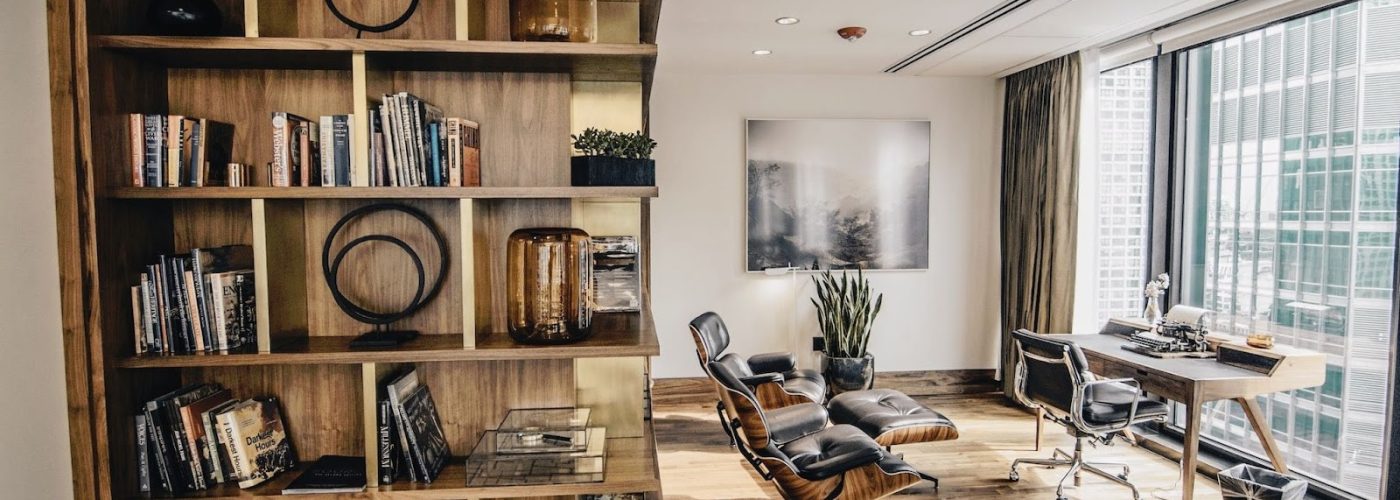Why compromise on office ambiance when your furniture can echo the ethos of sustainability? Businesses across Indiana and Michigan are proving that eco-friendly choices can coexist with style and functionality. They’re not just selecting furniture; they’re taking a stand for the planet and employee well-being.
Sensible, yet sustainable—this approach isn’t merely a trend, it’s shaping the future of workplace environments. The impact? A significant reduction in carbon footprint and an increase in human-centric spaces that inspire productivity and creativity. Let’s explore how smart furniture choices make all the difference.
Crafting a Green Canvas: The Foundation of Sustainable Furniture
Starting with the basics, what makes an office tables or desk genuinely sustainable? It’s not just about recycled materials but also the lifecycle, from creation to potential reclamation.
Indiana and Michigan offices are setting benchmarks in sustainability by sourcing locally manufactured furniture that supports a reduced carbon footprint and promotes circular economy principles.
This deliberate selection process is transforming mundane workspaces into eco-conscious environments, yielding tangible benefits for the earth while also fostering an atmosphere where employees feel their daily grind contributes to a larger purpose.
The Ripple Effect of Thoughtful Acquisitions
When an office invests in furniture built to last, it’s making a statement that reverberates beyond its walls. Durable design isn’t simply about enduring the daily use; it’s the cornerstone of a philosophy that prizes longevity over disposability.
Companies in the Great Lakes region are exemplifying this by choosing furnishings that promise low maintenance and high resilience, thereby reducing waste and frequency of replacement.
This conscious procurement not only minimizes environmental strain but also sets a precedent for industry peers, catalyzing a shift towards more responsible purchasing practices universally embraced by forward-thinking businesses.
A Blueprint for Sustainability
Opting for sustainable furniture isn’t merely a choice—it’s constructing a blueprint for the future. To build your dream office with Custer becomes an act of environmental stewardship as much as it is about crafting an inspiring workspace.
Michigan and Indiana businesses are keenly aware that such selections speak to their brand’s values and identity. By integrating desks, chairs, and storage solutions that adhere to stringent eco-friendly standards, these companies are not just investing in the now but are also paving the way for a greener corporate legacy that employees can take pride in and clients can admire.
The Human Element: Wellness-Enhanced Workspaces
Human well-being is inextricably linked to our environment—both the natural world and our immediate surroundings. Aware of this connection in the workplace, businesses are choosing office furniture that supports not only ecological sustainability but also the physical and mental wellness of their teams.
Ergonomic designs, made from non-toxic materials, ensure comfort throughout the workday while fostering a sense of safety and care within the office landscape. This dual focus cultivates a workspace where health is held in high regard, leading to enhanced morale and productivity—a clear win for both employees and employers alike.
Thriving Ecosystems: Beyond the Office
The commitment to sustainability transcends the office perimeter, influencing the broader ecosystem in which a business operates.
By prioritizing eco-friendly furniture, companies contribute to a thriving local economy where sustainable practices are valued and demanded. It encourages manufacturers to innovate greener processes and supports a market for environmentally responsible products.
This chain reaction benefits communities and natural habitats alike, showcasing that mindful decisions within office walls can indeed foster global environmental resilience and prosperity.
Final Thoughts
In essence, the choice of sustainable office furniture is a powerful expression of a company’s values and vision. It’s an investment that pays dividends in environmental stewardship, employee well-being, and community impact—showing that even the smallest details can contribute to a larger narrative of change and responsibility.





